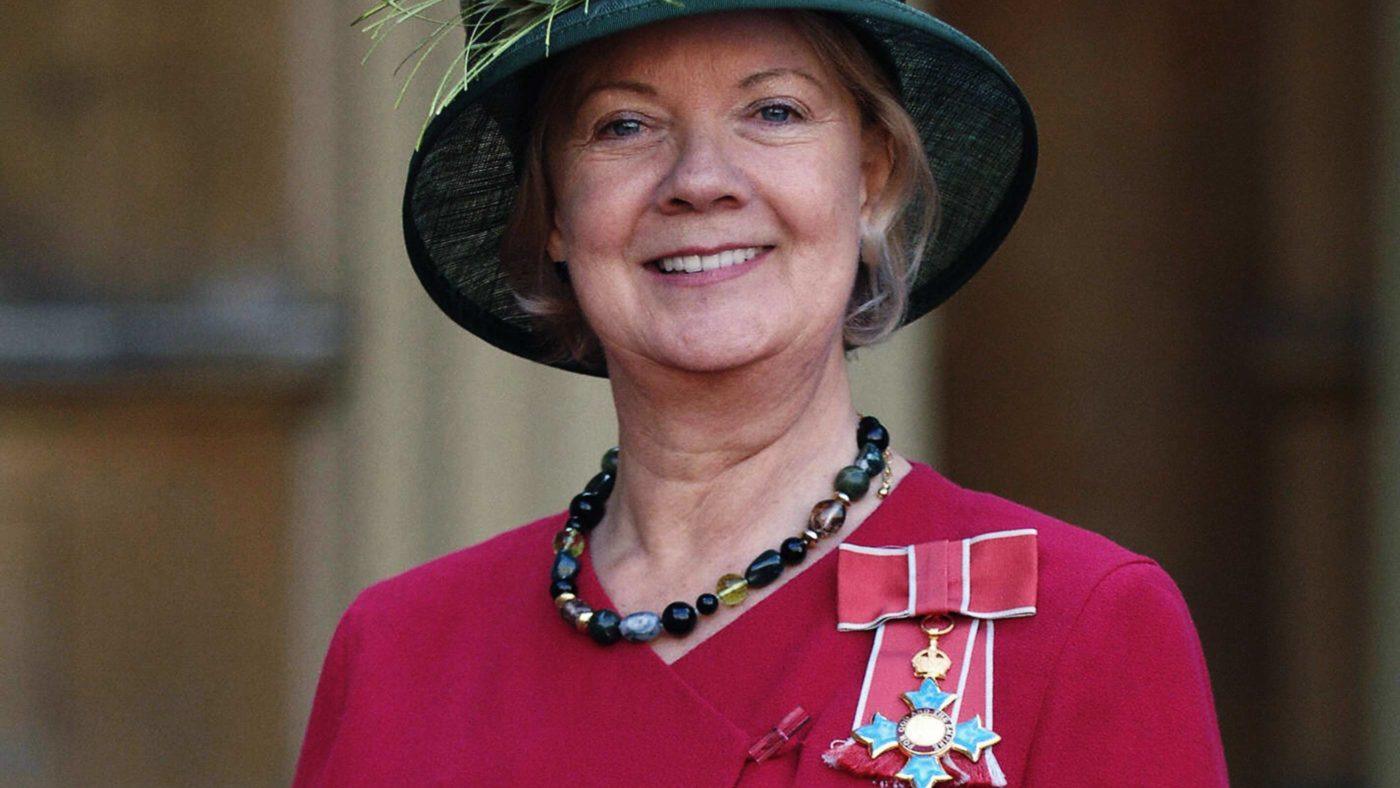Mary Perkins is one of the few individuals in the UK who has amassed a billion-dollar fortune through entrepreneurship. An optometrist by trade, Mary bought her father’s optician business decades ago together with her husband Douglas. This was the start of the optical chain Specsavers, which has steadily grown to become the world’s largest private optician chain, selling more than 15 million eyeglasses and 380 million contact lenses each year. According to Forbes, Mary continues to oversee the finer details of her massive business empire, disguises her appearance from time to time in order to inspect individual stores. The venture, which benefits millions of clients around the world, was made possible through market reforms that opened up the business of opticians for entrepreneurship. As Forbes explains: Specsavers got a “boost from the deregulation of opticians by the Thatcher Administration”.
It is a common notion that women’s entrepreneurship is a rather new phenomenon. While it is certainly true that culture and legislation in previous generations hindered women from owning businesses, there is a nuance worth keeping in mind: in progressive countries such as the Nordics and the Anglo-Saxon societies, women were already engaged in entrepreneurship from the late 19th and the early 20th century. Women-led businesses were to a large degree focused on fields such as education, health and care of children and elderly. But as the European welfare states developed, this all changed. Many areas in which women had previously run businesses became part of public sector monopolies. Others, such as opticians in the UK, were enclosed in heavy regulations.
It is difficult to find examples of male-dominated areas of the economy that were monopolized, or so heavily regulated that entrepreneurship was crowded out, by the rising European welfare states. It was mainly women-dominated fields that had this experience, such as the UK health care sector which was monopolized under the NHS.
Since then, market liberalizations have gradually changed the playing field. In the 1980s, Margaret Thatcher introduced reforms which allowed opticians to use previously forbidden advertising and marketing techniques to grow their businesses. Entrepreneurship was allowed in a market where government involvement previously had hindered successful actors from expanding. Chains such as Specsavers could grow and reduce prices by applying economics of scale, which in turn benefited many consumers.
Sweden has gone further, as areas such as elderly care, education and health have been opened up for private businesses – through voucher systems. This has indeed been a boost for women’s entrepreneurship.
In 2012 for example, women entrepreneur Barbara Bergström was the individual who paid the highest tax in Sweden. Barbara, who originally was born in the US and divides her time between Sweden and Florida, made her fortune by founding one of Sweden’s most successful voucher school chains. The chain, Internationella Engelska Skolan (International English School), is popular amongst high-achieving pupils and parents. The reason is that it stresses discipline, uses English as the official language and consistently scores above average on national standardized tests. Last year, The Local reported that more than 90,000 students were queuing on wait lists on hopes of gaining admission to the popular school.
A third example is Shori Zand, who immigrated from Iran to Sweden at the age of 25. After studying for a Swedish degree, Shoi started working in the health care sector as a midwife. At the time, Swedish health care was still overwhelmingly organized as a public sector monopoly. As market liberalizations were introduced, Shori decided to transition to an entrepreneur in 2000. At this point, there was still quite a lot of skepticism towards private actors – not least to an immigrant midwife who wanted to boss over doctors. To add to the trouble, some local government bureaucrats turned out to be hostile to the idea of Shori making money on providing health services. Despite the odds, Shori prevailed, creating a small business empire which over time has been engaged in amongst others maternity care, elderly care and hearing aid.
There are many more examples of women entrepreneurs who have achieved their potential, creating value for society in the process, thanks to liberalizations of markets previously monopolized by European welfare states.
Of course, promoting women’s entrepreneurship is in itself not necessarily an argument for opening up public monopolies. Perhaps there are such good reasons to keep NHS a government monopoly that it justifies limiting the scope of women’s entrepreneurship. Perhaps introducing for-profit vouchers in education is likewise such a bad idea that we should lock out the likes of Barbara Bergström from engaging in business activity in the UK.
Then again, perhaps not. Perhaps it is time to open up public sector monopolies, so that more individuals like Mary Perkins, Barbara Engström and Shori Zand can prosper, by providing welfare services to others.


